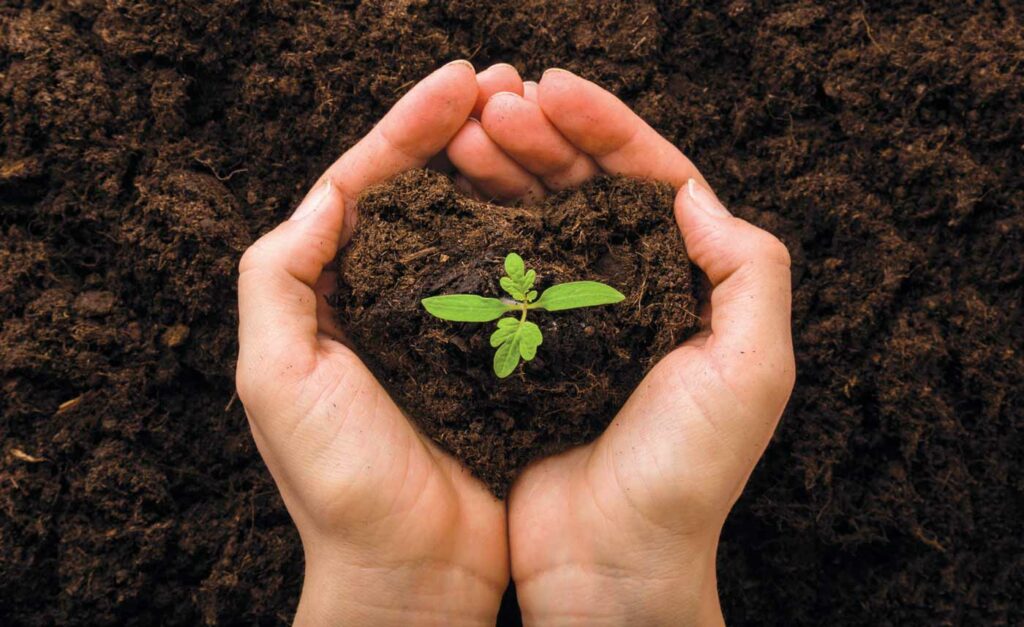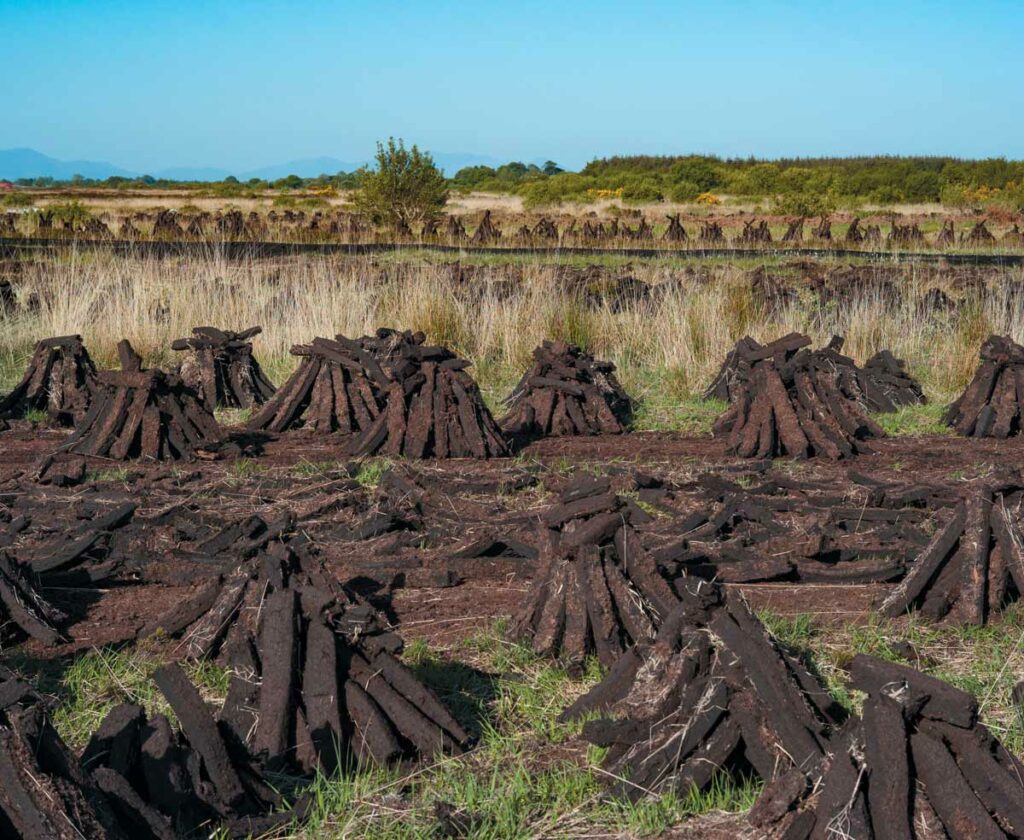
Gardeners and farmers know well that every handful of earth is unique and alive. Whether contained within the small pot of a windowsill succulent or covering the expanse of a backyard plot of vegetables, dirt is the multiplicitous, magical medium that fosters life, providing us with beauty and sustenance. Still, when we think about soil, we tend to circumscribe its impacts to these spaces and whatever grows there. When we consider only what is best for a particular plant, we miss an opportunity to consider what is also best for our community, both locally and globally. Justin Giuliano, the lead soil researcher at Rosy Soil, is part of a modern gardening movement that encourages us to contemplate what our soils are made of, where they come from, and what that means for ecosystems far beyond the perimeters of our own property.
“My foray into soil science began in Chicago as a garden educator working with public school students. I taught K-12 kids about gardening, nutrition, environmentalism, and everything in between,” says Giuliano. “Now, as part of Rosy, I have the space to experiment with innovative soil formulas that are focused on nurturing soil life and life on this planet.” Chad Massura, a self-proclaimed “proud soil nerd” and founder of Rosy Soil, believes that “gardening can be a force for good.” Similarly to the sustainable food movement that has influenced so many of Portland’s best restaurants, the sustainable soil movement emphasizes the importance of sourcing high-quality, ethical ingredients.
“Soil is much more than just dirt—it’s a critical part of global ecosystems,” says Massura. “The choices we make when buying soil can have ripple effects on the environment.”
One of the key examples of this is peat moss, a material that is commonly used in potting soils and is harvested from peat bogs. “Destroying these bogs releases carbon dioxide, contributing to climate change, and removes habitats for countless species,” explains Massura. “Other ingredients like synthetic fertilizers can lead to nutrient runoff, polluting waterways and creating dead zones in aquatic ecosystems. Mined materials like perlite [made of volcanic glass, which often appears as light, white grains in commercial soils] also have significant carbon footprints due to energy-intensive processing. By using these conventional soils, we inadvertently contribute to resource depletion, pollution, and the degradation of natural systems.”

Rosy Soil avoids peat and synthetic materials, opting instead for a combination of organic matter that includes biochar [horticultural charcoal], mycorrhizae [beneficial funghi], worm castings, kelp meal, and compost. Each ingredient has been thoughtfully chosen both for its services provided to certain plants, such as aiding with nutrient absorption, as well as its services to larger ecosystems, like assisting the sequestration of carbon.
Fortunately, in Portland, we have access to an abundance of plant shops and nurseries that are similarly thoughtful when selecting the products that stock their shelves and, ultimately, nourish our photosynthetic friends.
“We take time to consider where and how things are made and who makes them,” says Andrea Allen, co-founder of ECOVIBE, a plant and home decor shop with locations on Alberta and Hawthorne. “We are always mindful of the environmental, ethical, and social impact of the products we carry.”
She explains that Len – her partner in business and in life – was “born and raised in Portland and hails from six generations of family rooted in northeast Portland. So this is truly our community!”
While ECOVIBE was created for residents of the Rose City, the Allens also donate one percent of all sales to 1% For the Planet, a global organization that partners businesses with environmental nonprofits to fund projects with a positive planetary impact. In addition to ECOVIBE, Rosy Soil and other sustainable soil brands can also be found at locations including Colibri Flowers, Daphne’s Botanicals, Portland Nursery, and Solabee.
This spring, as you prepare to plant your garden or feed your houseplants, take a little extra time to think about the soil and how, in consciously caring for your plant, you can also support local businesses and preserve wilderness spaces around the world.
